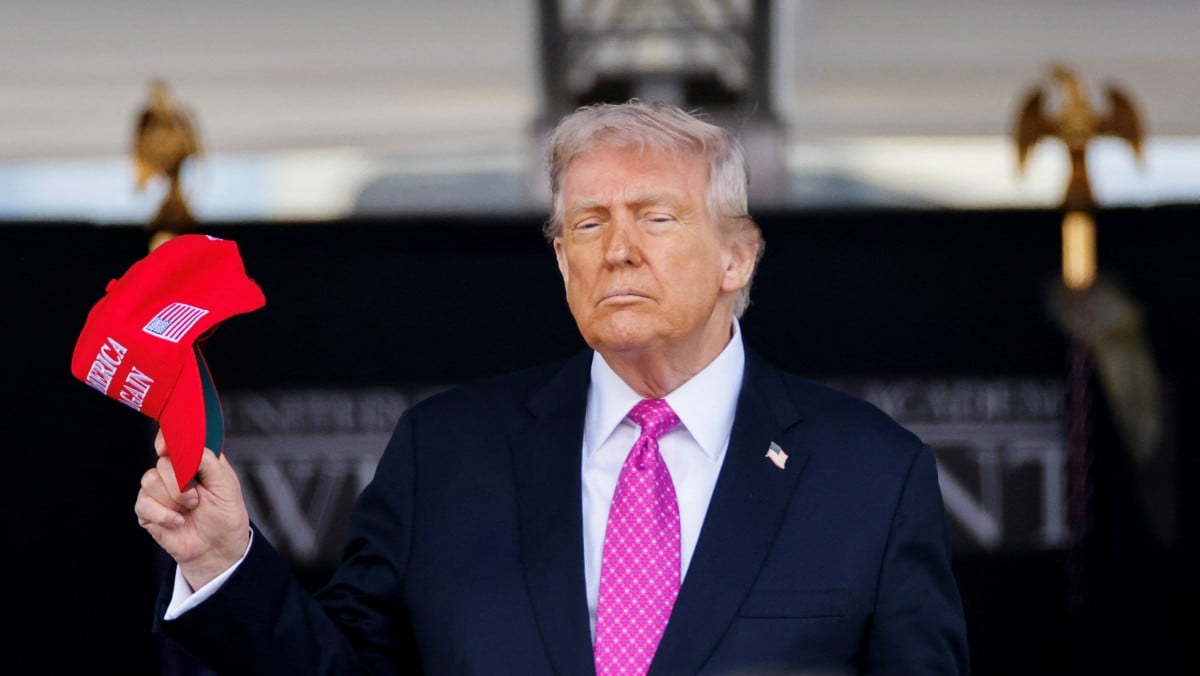

The recent imposition of a 25% tariff penalty on India by the Trump administration, adding to an existing 25% tariff, has been met with widespread criticism and disbelief. The move, ostensibly a punitive measure for India's continued purchase of Russian oil, has been labeled ironic, considering Trump's own history and policies.
The core of the irony lies in several factors. Firstly, Trump's "America First" policies have often been criticized for their unilateral nature and disregard for international norms. Now, he's penalizing India for acting in its own perceived national interest, namely securing affordable energy. This smacks of hypocrisy, as it suggests that "national interest" is a justification only when it aligns with Washington's agenda.
Secondly, many observers have pointed out the inconsistency in targeting India when other nations, including China, also import Russian oil. This raises questions about the true motivations behind the tariff. Is it genuinely about squeezing Russia's economy, or is it a targeted strike against a country that, while friendly, has not always been fully aligned with US foreign policy objectives? Some view it as bullying, especially since India has maintained that its imports are based on market factors aimed at ensuring energy security for its large population.
Thirdly, the timing of the tariff is particularly jarring. The US has been actively courting India as a strategic partner in the Indo-Pacific region, viewing it as a counterweight to China's growing influence. Imposing such a hefty tariff risks alienating a key ally and undermining the broader geopolitical strategy. Some analysts believe this action will hurt Indian exporters, manufacturers and MSMEs, disrupt supply chains, deter Foreign Direct Investment, and negatively affect jobs.
The Indian government has reacted strongly, calling the tariffs "unjustified and unreasonable". New Delhi has accused the US and the European Union of applying double standards in their approach to India's trade with Russia. The Ministry of External Affairs has stated that India's import decisions are based on market factors with the objective of ensuring energy security for its 1.4 billion citizens.
The implications of this tariff extend beyond the immediate economic impact. It could potentially strain US-India relations, create uncertainty for businesses, and embolden other countries to pursue protectionist policies. The move has been criticized by Indian political figures, with some calling it "bullying" that doesn't understand global trade. Concerns have also been raised that the tariffs will put Indian exporters at a disadvantage compared to countries like Bangladesh, Indonesia and Vietnam.
Furthermore, Trump's history of using tariffs as a blunt instrument for achieving various objectives, from boosting domestic production to retaliating against political rivals, adds another layer of irony. The current action appears to be yet another example of using trade as a weapon, regardless of the potential collateral damage to international relations and economic stability.
In conclusion, the 25% tariff penalty on India is laden with irony. It undermines the principles of free trade, contradicts the US's own strategic interests, and highlights the inconsistent application of international norms. Whether this is a calculated move to pressure India or simply another example of Trump's unpredictable foreign policy, the consequences could be far-reaching and detrimental to the global economic order. The additional tariffs are scheduled to take effect on August 27.